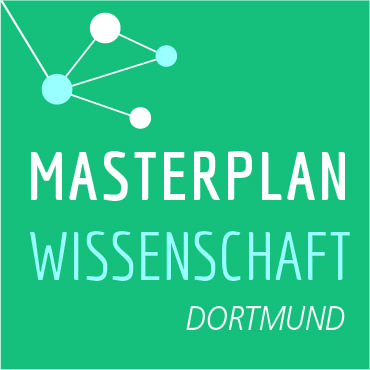Focus group 4: Experimental City
Focus group 4 / Experimental City develops new, participatory formats at the interface of science and urban development; social and technological innovations are tested and implemented in the urban area.
The focus group "Experimental City" initiates and promotes the exchange for open questions of the urban society. Stakeholders include urban society as well as universities, city administration, business, local initiatives and politics. Synergies and cooperations are being used to break new, innovative ground and to tackle the problems and challenges of urban society. Dortmund can thus become a pioneer of scientifically based social innovation and innovative urban development. In addition to this approach, the development of existing university and science locations will also be accompanied.
Die Arbeiten der Themengruppe 4 erfolgen im Wesentlichen in zwei Strängen:
- Debate spaces and real laboratories for open questions in urban society
- Development of existing university and science locations
The focus group focuses on the development of novel, participatory formats and is in exchange with the other thematic groups, especially focus group 1 "Science City and Cultural Metropolis". The work is strongly project-oriented.
Debate space and livinglabs for open questions on urban society
Debate spaces are used to promote an exchange between the urban society on urgent requirements, problems and issues. To kick off the "experimental city", the aim is to develop places and formats that initiate, promote and provide space for exchange and debate. This is to be done in two directions: The citizens are invited to visit the scientific institutions within the framework of open event formats and to inform themselves about current research topics. In addition, it is planned that representatives of the scientific institutions will meet citizens in their everyday environment.
Concrete projects on site ("livinglabs") will be derived from the debate spaces. In these real laboratories, solutions will be developed and tested experimentally together with urban society actors, interested citizens and with the involvement of science. Successful projects are examined for their transferability.
Development of existing university and science locations
As part of the first phase of the Science 1.0 master plan, a "Campus 2030" concept was developed in cooperation with the stakeholders involved. This concept outlines the future development of the university, science and technology campus in Dortmund and was agreed upon by all stakeholders as a common mission statement. This concept was adopted by the City Council of Dortmund in December 2016. It serves as a joint decision-making basis for the future development of this location and offers scope for individual design wishes. Joint monitoring is intended to ensure that a review of the guiding principles takes place in order to guarantee and further improve the attractiveness of the location.
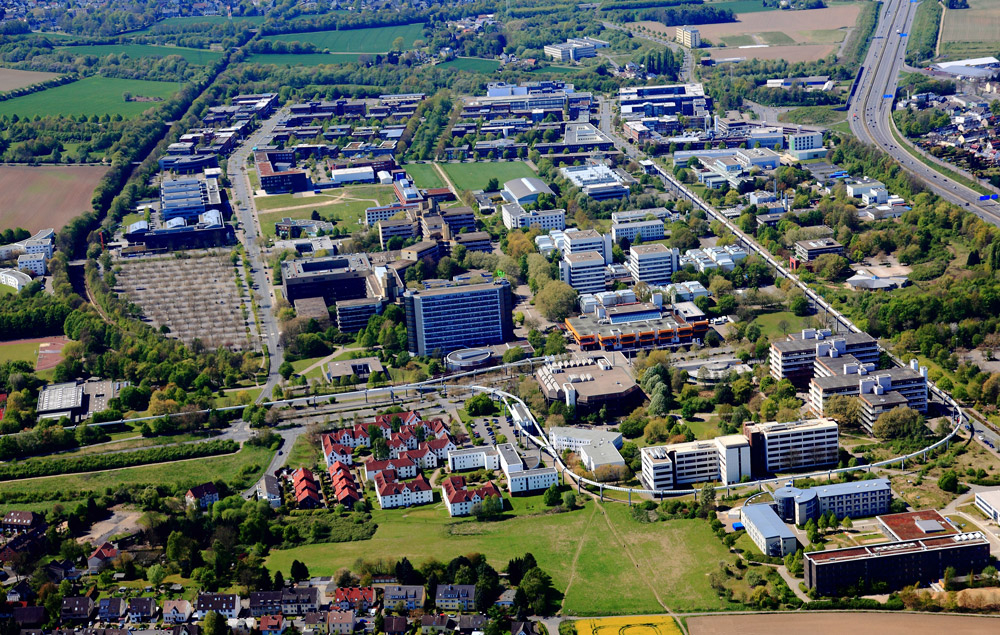 North Campus and Technology Park (Photo: TU Dortmund University/Peter Sondermann)
North Campus and Technology Park (Photo: TU Dortmund University/Peter Sondermann)
Planned procedure and initial project ideas
Successful, activating participation of urban society actors and interested citizens requires that they participate in the brainstorming and conception of the projects. Therefore, projects are not defined in the Master Plan Science 2.0 itself, but are developed out of the experimental debate spaces.
Further interfaces of the focus group 4 / Experimental City exist with the model project Smart City, which is funded via the Federal Ministry of the Interior, Building and Home Affairs (BMI), as well as with the Ruhr Academy on Smart Metropolitan Transformation and the think tank anchored there. The think tank sees itself as an interdisciplinary think tank. Here, scientifically innovative contributions from the participating representatives of the research institutions and other participating partners are coordinated in order to envision the future of the city using the example of the innovation space Dortmund and to test it in the sense of a real laboratory (Head: Prof. Dr. Thorsten Wiechmann (TU Dortmund University) & Prof. Dr. Andrea Kienle (Fachhochschule Dortmund - University of Applied Sciences and Arts) in cooperation with the Office of Higher Education and Science).
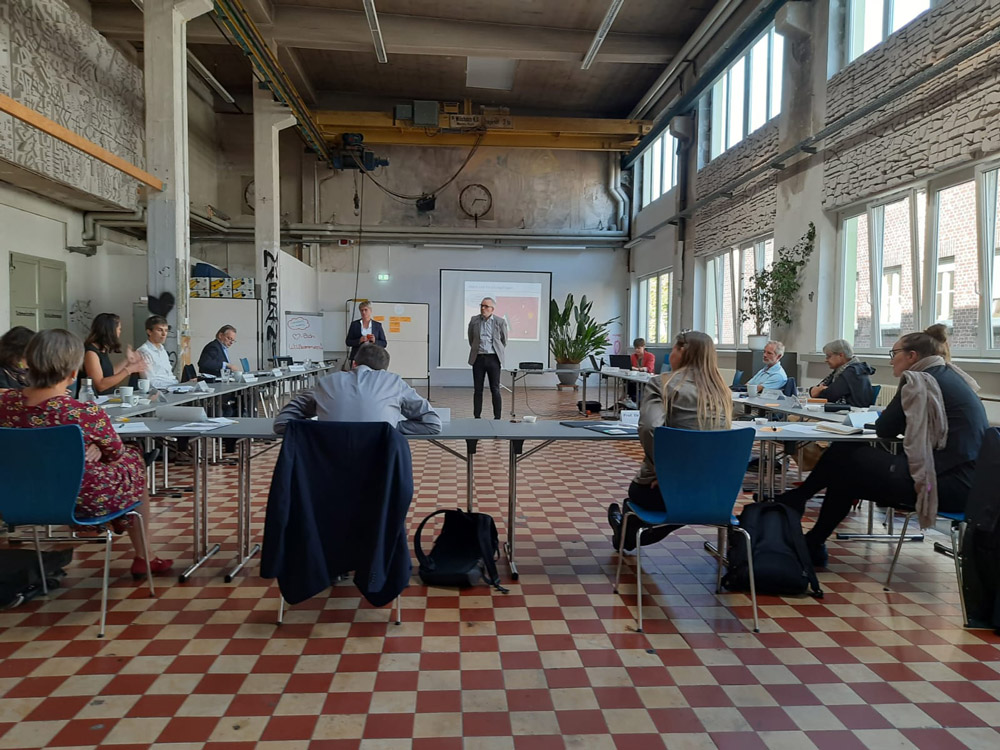
Kick-off of the think tank at the Union-Gewerbehof (Photo: City of Dortmund/Angela Märtin)
Student topics and matters
Around 54,000 people, students are important partners* in the Science Master Plan. The student body is actively involved in the master plan process. Through the AStA of the TU Dortmund University and the Fachhochschule Dortmund - University of Applied Sciences and Arts, student representatives have been nominated to participate in the thematic groups and committees. In focus group 4, two student representatives are part of the team of spokespersons. In addition, cooperation is to be intensified in the future through regular exchange, thematic workshops and "idea forging".
Main topics of the students: Student life & housing, mobility & public transport, participation, digitalization, diversity& sustainability.
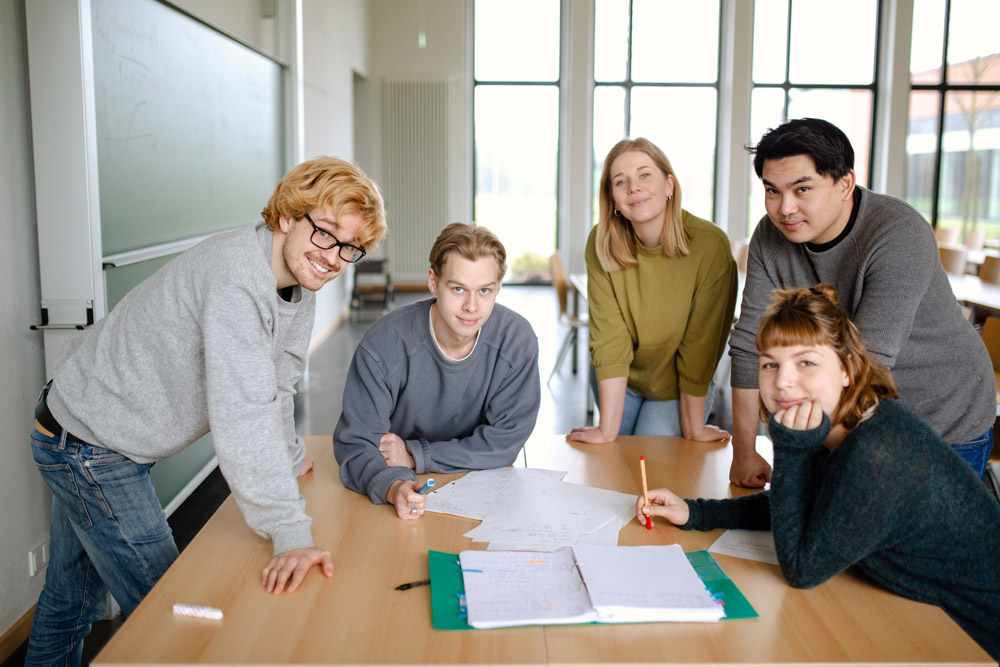
Photo: TU Dortmund/Aliona Kardash
Participants of the focus group
Project profiles (in German):
- Existing university and science locations - Updating the "Campus 2030" concept
- Think tank - Interdisciplinary scientific think tank
- University on site - Promoting talents and potentials in the north of Dortmund
- KoSI-Lab - Municipal Laboratories of Social Innovation / Social Innovation Center Dortmund
- PIKSL - Laboratory Dortmund
- SELFMADE - inclusive Makerspace
- Rhinotopia at Stellwerk 62 - An experimentation and testing space for the city of the future
- Unterhausdebatte - interactive dialogue format on a specific topic
Speakers:
Svenja Stepper (Fachhochschule Dortmund - University of Applied Sciences and Arts)

Photo: Fachhochschule Dortmund - University of Applied Sciences and Arts
Stefan Szuggat (City of Dortmund)
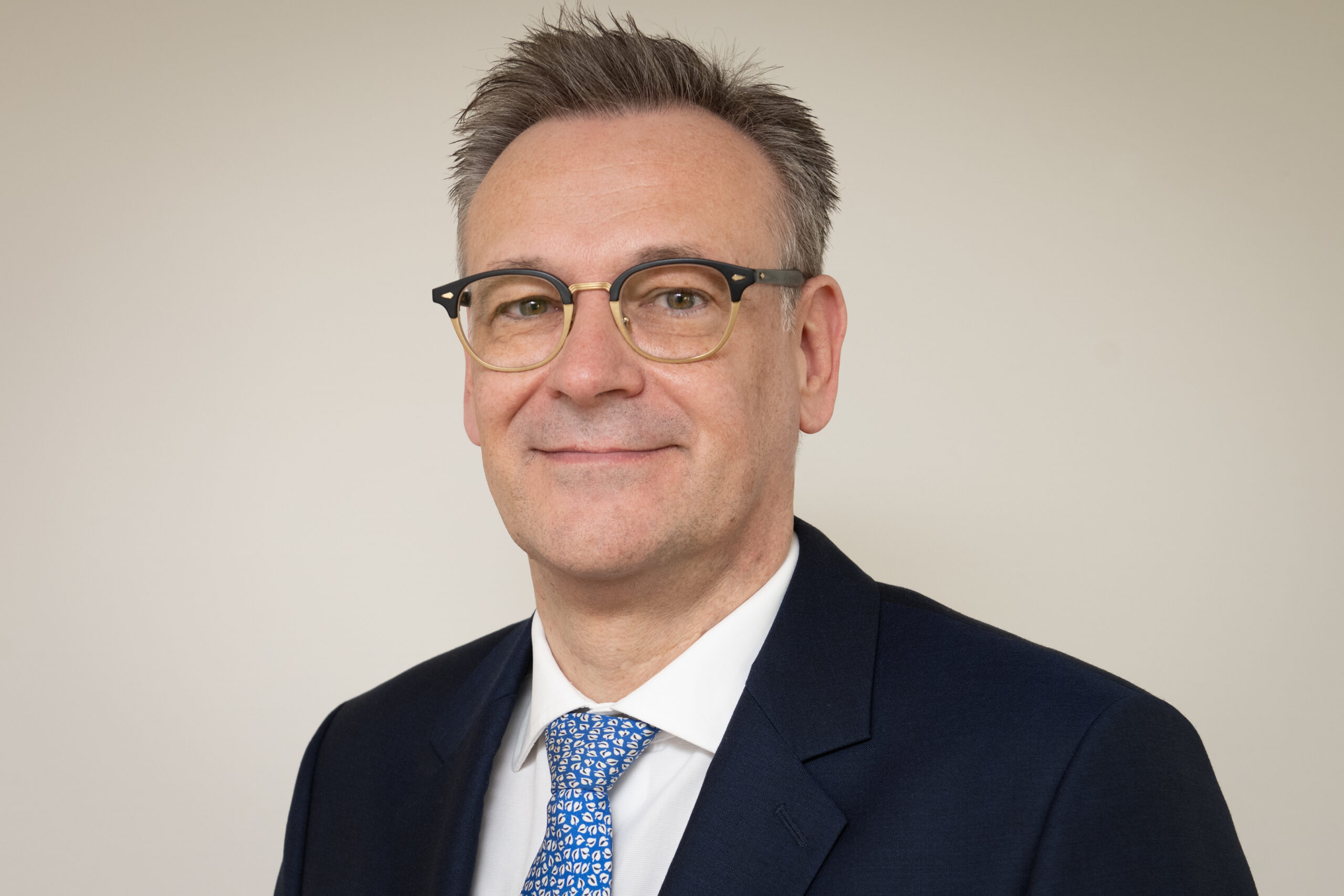
Photo: City of Dortmund/Roland Gorecki
Sarah Toepfer (AStA TU Dortmund University)

Photo: tbc
Alyssa Blümel (AStA Fachhochschule Dortmund - University of Applied Sciences and Arts)

Photo: tbc
